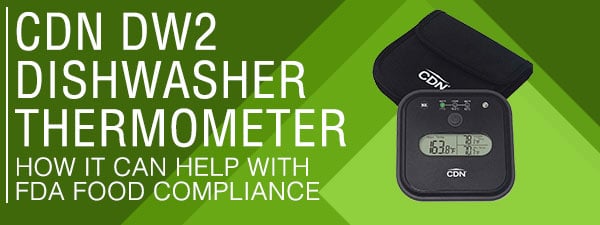National Trivia Day - Beer, Liquor, Alcohol Fun Facts
- Jan 3, 2017
- 0 Comments
National Trivia Day
January 4th is National Trivia Day. The term “trivia” has come to refer to obscure and arcane bits of dry knowledge, as well as nostalgic remembrances of pop culture. The first trivia contests were held on college campuses and known as "quiz bowls," testing knowledge of cultural references and useless information. These types of contest became more mainstream with the introduction of the game Trivial Pursuit, which allowed us to challenge each other in the comfort of our own living rooms. While these boardgame versions of Trivial Pursuit may have peaked in the 1980's, trivia games in general were just getting started. Computers, gaming systems, and tabletop tablets brought trivia games into the 21st century, making trivia contests a fun and popular part of bar and restaurant culture.
Beer, Liquor, Alcohol Fun Facts For Trivia Day
The oldest known recipe in the world is for beer.
A "labeorphile" is a collector of beer bottles.
The saying "There's no free lunch" originated in the late 1800's. Commercial taverns offered a free lunch as a promotion to get patrons to purchase beer to go along with the free lunch. In 1917, the Pennsylvania legislature created a law that taverns could not give away free lunches. Taverns creatively got around this law by selling sandwiches and giving the beer away free.
The reason the Pilgrims landed at Plymouth Rock in Massachusetts is because they were running low on beer.
The state of Kentucky produces 95 percent of the world's bourbon. In 1964, the U.S. Congress recognized bourbon as a "distinctive product of the United States."
Thomas Jefferson wrote the first draft of the Declaration of Independence in a tavern.
George Washington was a home brewer. While serving in the Virginia Militia, he notated his recipe for "small beer" in his diary.
While president, George Washington created the very first "Buy American" ad campaign encouraging Americans to drink porter made in America by American Breweries.
There are an estimated forty-nine million bubbles in a bottle of champagne.
The first corkscrew was patented in 1860 by M.L. Bryn of New York City. (Rapids carries a variety of corkscrews at wholesale prices!)
There’s a difference between organic wine and wine made with organic grapes. Wines labeled organic must be made with certified organic grapes and have no substances added that are not certified organic. A wine labeled "made with organic grapes" or "made with organically grown grapes" can include added ingredients that are not organic.
During medieval times mead was part of a marriage ritual. After the wedding the bride and groom were provided enough honey mead to last one full moon. It was believed the sweet beverage would bring good luck to the marriage. Mead was also believed to promote fertility and virility. The term "Honeymoon" stems from that month long honey mead ritual.
A Little Trivia about Rapids Wholesale
Rapids Wholesale has been supplying bars and restaurants with equipment at wholesale prices since 1936 (that's 81 years!). Nobody else in the industry has more experience!
The first commercial kegerator was invented by our founder Henry Ribble in 1936, right after the end of prohibition. That means we have been working with the kegerator since its inception - with all of that knowledge, why would you buy a kegerator from anyone else?
That first kegerator still sits in our home office in Marion, Iowa. A reminder of how far we've come!



















